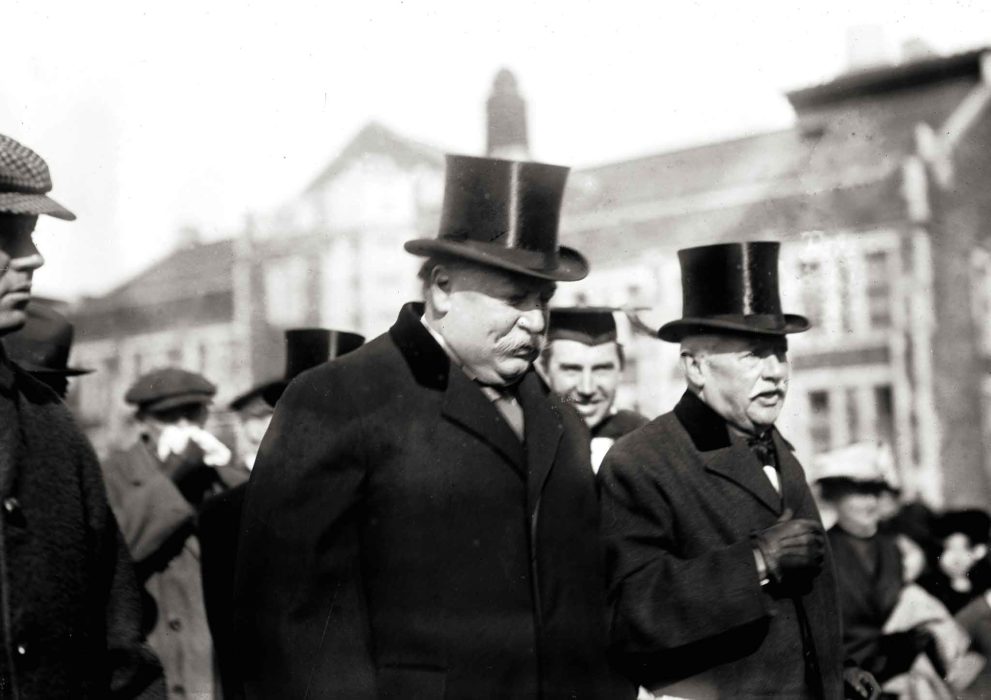FOR THE PAST FIVE days visitors had filled the Parsons’s ballroom every afternoon, and local newspapers, such as the Herald, the Post, and the Star, had printed stories on two of ‘Abdu’l-Bahá’s Washington speeches. But America was a big country. More than ninety-two million souls lived in the Land of the Free, and only the tiniest handful had even the dimmest awareness of ‘Abdu’l-Bahá.
Many, perhaps most, Americans, simply didn’t have time for the news. Their long working hours and poor wages kept their minds focused on earning a living and feeding their children. As for those who had the leisure, they could hardly glance at a newspaper without reading about the Titanic, which still dominated the front page and had picked up steam again when the Senate hearings into the disaster had begun two days ago.

But by the end of April things quickly changed. It was a Presidential election year and the media went into overdrive. For the next six-and-a-half months sensational headlines dominated the pages of every newspaper in the country. From the primaries through to the general election, it was a season marked by shameful grandstanding, vicious party infighting, and venomous personal attacks.
‘Abdu’l-Bahá, a man who drove to the heart of virtually all of America’s pressing challenges, failed to comment even once on the election – neither about the headlines, nor the candidates, nor even about the winner once it was all over. Yet, like his father Bahá’u’lláh before him, ‘Abdu’l-Bahá had a good deal to say about the qualities of leadership and of principled governance. He had even written a book on the subject back in 1875, when he was just thirty-one years old, addressed to the rulers and people of Persia. He titled it The Secret of Divine Civilization.
In America, while avoiding commenting on the election at hand, he did offer his views on the kind of individual who should be President.

“The president,” he said, “must be a man who does not insistently seek the presidency. He should be a person free from all thoughts of name and rank; rather, he should say, ‘I am unworthy and incapable of this position and cannot bear this great burden.’ Such persons deserve the presidency. If the object is to promote the public good, then the president must be a well-wisher of all and not a self-seeking person. If the object, however, is to promote personal interests, then such a position will be injurious to humanity . . . ”
In a hard-fought election year where the headlines screamed self-aggrandizement and entrenched partisanship, ‘Abdul-Bahá simply directed his voice elsewhere.






